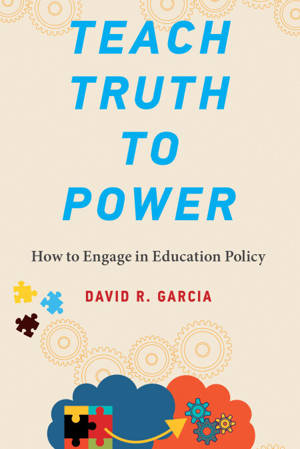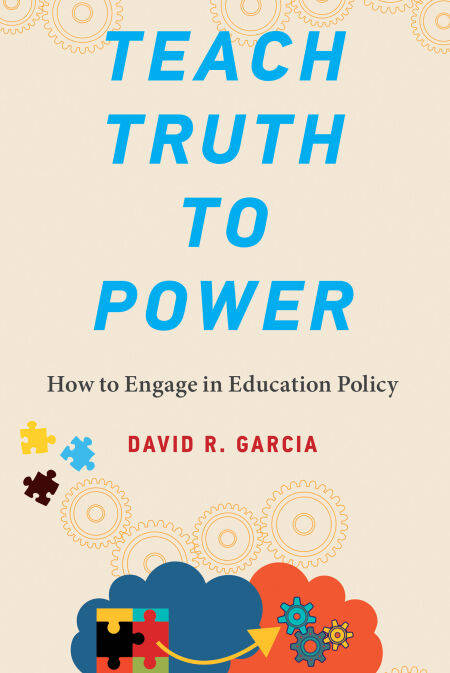
Bedankt voor het vertrouwen het afgelopen jaar! Om jou te bedanken bieden we GRATIS verzending (in België) aan op alles gedurende de hele maand januari.
- Afhalen na 1 uur in een winkel met voorraad
- In januari gratis thuislevering in België
- Ruim aanbod met 7 miljoen producten
Bedankt voor het vertrouwen het afgelopen jaar! Om jou te bedanken bieden we GRATIS verzending (in België) aan op alles gedurende de hele maand januari.
- Afhalen na 1 uur in een winkel met voorraad
- In januari gratis thuislevering in België
- Ruim aanbod met 7 miljoen producten
Zoeken
€ 29,56
+ 29 punten
Uitvoering
Omschrijving
How academics and researchers can influence education policy: putting research in a policy context, finding unexpected allies, interacting with politicians, and more.
Scholarly books and journal articles routinely close with policy recommendations. Yet these recommendations rarely reach politicians. How can academics engage more effectively in the policy process? In Teach Truth to Power, David Garcia offers a how-to guide for scholars and researchers who want to influence education policy, explaining strategies for putting research in a policy context, getting “in the room” where policy happens, finding unexpected allies, interacting with politicians, and more.
Countering conventional wisdom about research utilization (also referred to as knowledge mobilization), Garcia explains that engaging in education policy is not a science, it is a craft—a combination of acquired knowledge and intuition that must be learned through practice. Engaging in policy is an interpersonal process; academics who hope to influence policy have to get face-to-face with the politicians who create policy. Garcia’s experience as trusted insider, researcher, and political candidate make him uniquely qualified to offer a roadmap that connects research to policy. He explains that academics can leverage their content expertise to build relationships with politicians (even before they are politicians); demonstrates the effectiveness of the research one-pager; and shows how academics can teach politicians to be champions of research.
Scholarly books and journal articles routinely close with policy recommendations. Yet these recommendations rarely reach politicians. How can academics engage more effectively in the policy process? In Teach Truth to Power, David Garcia offers a how-to guide for scholars and researchers who want to influence education policy, explaining strategies for putting research in a policy context, getting “in the room” where policy happens, finding unexpected allies, interacting with politicians, and more.
Countering conventional wisdom about research utilization (also referred to as knowledge mobilization), Garcia explains that engaging in education policy is not a science, it is a craft—a combination of acquired knowledge and intuition that must be learned through practice. Engaging in policy is an interpersonal process; academics who hope to influence policy have to get face-to-face with the politicians who create policy. Garcia’s experience as trusted insider, researcher, and political candidate make him uniquely qualified to offer a roadmap that connects research to policy. He explains that academics can leverage their content expertise to build relationships with politicians (even before they are politicians); demonstrates the effectiveness of the research one-pager; and shows how academics can teach politicians to be champions of research.
Specificaties
Betrokkenen
- Auteur(s):
- Uitgeverij:
Inhoud
- Aantal bladzijden:
- 248
- Taal:
- Engels
Eigenschappen
- Productcode (EAN):
- 9780262367615
- Verschijningsdatum:
- 7/02/2022
- Uitvoering:
- E-book
- Beveiligd met:
- Adobe DRM
- Formaat:
- ePub

Alleen bij Standaard Boekhandel
+ 29 punten op je klantenkaart van Standaard Boekhandel
Beoordelingen
We publiceren alleen reviews die voldoen aan de voorwaarden voor reviews. Bekijk onze voorwaarden voor reviews.









